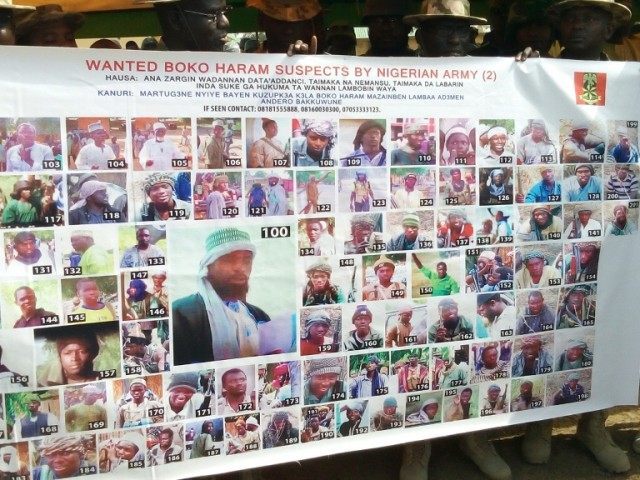Lagos (AFP) – Nigerian President Muhammadu Buhari is launching a probe after week-long clashes between Muslim herdsmen and Christian farmers left “hundreds” dead, officials said Monday.
Fulani herdsmen and four farming communities armed with guns and machetes battled last week in the latest round of violence of a long-running battle over grazing rights in central Nigeria.
The predominantly Muslim Fulani have been blamed for waves of attacks on mainly Christian agrarian groups as tension grows in the central state of Benue over access to land and public services.
Many houses in the Agatu local government area were razed and properties destroyed before security agents restored peace on Saturday.
“I can tell you that hundreds of lives were lost in the violence between the Fulani cattle rearers and the four communities,” Benue governor aide Dehen Igbana told AFP.
“The government has set up a board of inquiry and the team is expected to visit the area any moment from now,” Igbana said.
On Sunday evening, Buhari said he was in “deep shock at the latest incident” and called for Nigerians to live together in harmony.
“We will conduct an investigation to know exactly what happened,” Buhari said in a statement.
“There should not be any reason why Nigerians of any group or tongue cannot now reside with one another.”
State police spokesman Moses Yamu said four corpses were recovered during an inspection on Saturday and that security had since been beefed up in the area. “The place is now calm,” Yamu said.
Benue is part of Nigeria’s “middle belt”, where the mainly Christian south meets the predominantly Muslim north.
Though often portrayed as the aggressors in central Nigeria’s sectarian strife, the minority Fulani complain of suffering from inferior treatment in Benue and neighbouring Plateau state.
Despite living in the region for years, the Fulani are not considered indigenous to the area and have reduced access to land, education and political power in the region where most key positions are held by members of Christian ethnic groups.

COMMENTS
Please let us know if you're having issues with commenting.